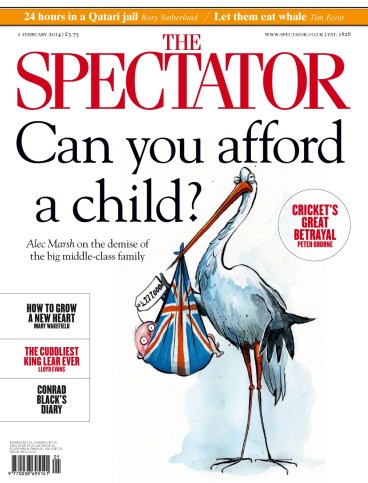What Englishmen learnt from Europe
The pattern of foreign travel by wealthy young Englishmen that became known as the Grand Tour began in the Renaissance and matured in the 17th century. In its origins it was a training for statesmanship. The state’s takeover of the church, which had done so much of the state’s official business, enlarged the employment opportunities










